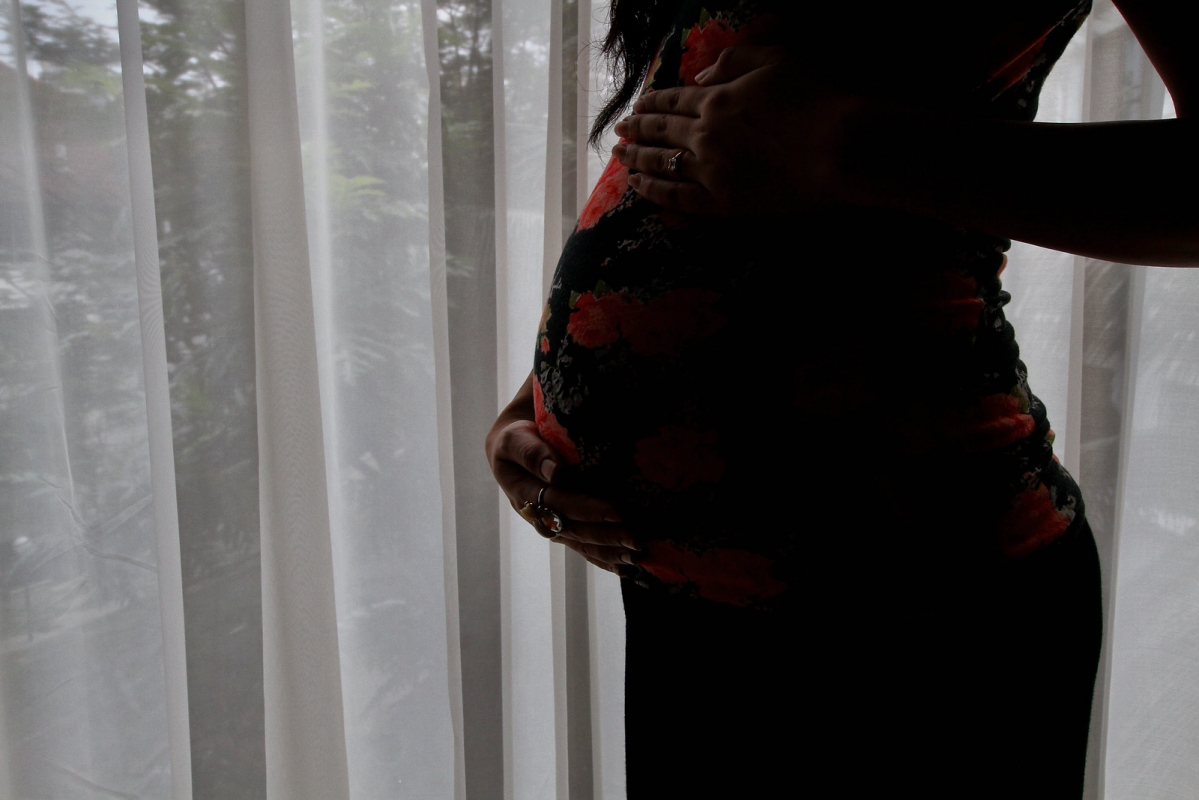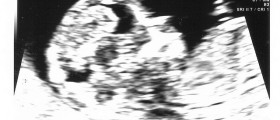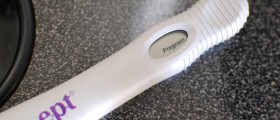The term "chemical pregnancy" may sound nasty, and confusing. What it actually refers to is the very earliest form of miscarriage - a miscarriage that occurs right around the time that a woman would normally have had her menstrual period. Most chemical pregnancies pass by without a women ever knowing that she was pregnant at all. Such women may experience unusually heavy or painful "periods". Others who had a chemical pregnancy may have had a positive pregnancy test before miscarrying.

Chemical pregnancies are pregnancies before the point where a pregnancy becomes a "clinical pregnancy", one that could be detected by ultrasound, and other means not involving a test of the levels of the hormone hCG in a woman's body. Chemical pregnancies are miscarriages before the fifth week of pregnancy. How will you know if you have a chemical pregnancy?
The main symptom most women who go through such an early pregnancy could have is a positive pregnancy test, following by bleeding. Don't think that your pregnancy test was falsely positive, as this is something that hardly ever happens. Women who have already started having pregnancy signs and symptoms like morning sickness (yes, it does happen before a period is due in some women) may also notice their pregnancy symptoms are suddenly gone. This type of early miscarriage is generally one that is not physically straining for a woman who experiences it.
The symptoms of the actual miscarriage do not differ much from a run of the mill menstrual period. And because many women do not test until a few days after their period was due, especially in cases where they were not actively trying to get pregnant, large numbers of women will never even be aware they had a chemical pregnancy. Most doctors encourage women to try and get pregnant again immediately after a chemical pregnancy.
- www.womenshealth.gov/pregnancy/you-get-pregnant/knowing-if-you-are-pregnant
- www.nhs.uk/conditions/miscarriage/
- Photo courtesy of Mohd Fazlin Mohd Effendy Ooi by Flickr: www.flickr.com/photos/phalinn/8365137460/















Your thoughts on this
Loading...